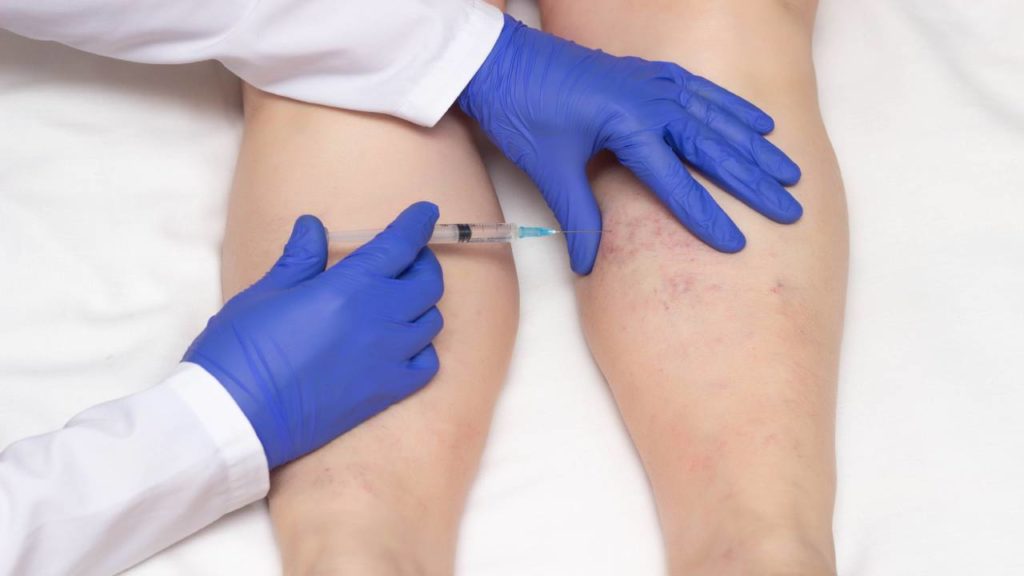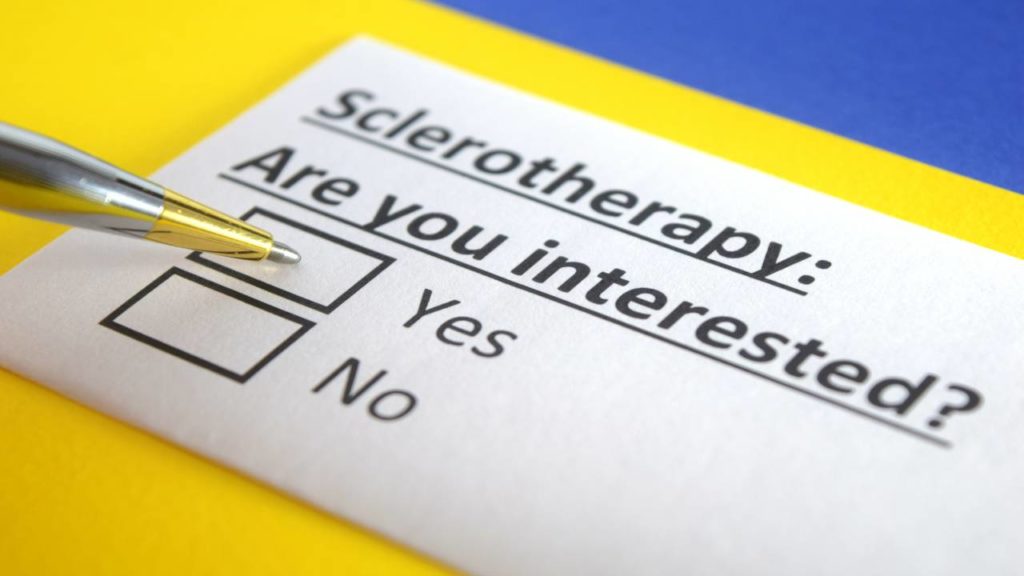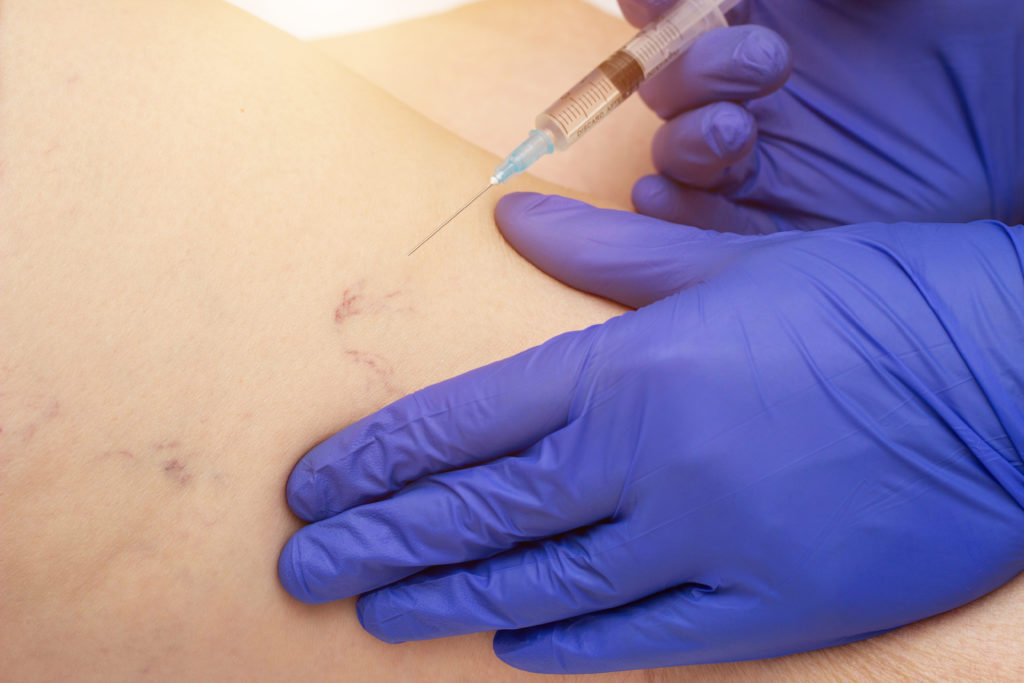Table of Contents
Proper hydration is essential for maintaining optimal health and well-being. Yet, with the demands of modern life, it can be challenging to ensure our bodies receive the hydration they need. Enter IV hydration therapy, a revolutionary approach beyond traditional hydration methods.
IV hydration therapy is a scientifically advanced approach that directly delivers essential fluids, electrolytes, vitamins, and minerals into the bloodstream. By bypassing the digestive system, this intravenous method ensures rapid and efficient absorption, allowing the body to rehydrate and recharge more effectively than traditional oral hydration methods.
If you are interested in this treatment, here’s what you should know.
The Science Behind IV Hydration Therapy
The human body relies on a delicate balance of fluids, electrolytes, vitamins, and minerals to function optimally. However, intense physical activity, illness, travel, or neglecting proper hydration can disrupt this balance. IV hydration therapy directly addresses these imbalances by intravenously delivering a carefully formulated solution.
The intravenous delivery of fluids and nutrients bypasses the digestive system, allowing immediate absorption into the bloodstream. This process is advantageous because the digestive system can sometimes limit the absorption of nutrients and fluids. IV hydration therapy ensures a more efficient and rapid replenishment of the body’s hydration levels.
The IV solution used in hydration therapy is custom-tailored to individual needs, with the ability to adjust the composition of electrolytes, vitamins, and minerals. This personalized approach allows healthcare professionals to address specific deficiencies and optimize hydration based on the individual’s requirements.
Moreover, the controlled infusion of fluids and nutrients through IV therapy ensures precise dosing, which can benefit athletes, individuals recovering from illness, or those experiencing dehydration due to medical conditions.
Benefits of IV Hydration Therapy
IV hydration therapy offers a multitude of benefits that go beyond simple hydration. By delivering fluids, electrolytes, vitamins, and minerals directly into the bloodstream, this therapy provides several advantages for overall well-being and performance.
The benefits of IV hydration therapy include:
- Immediate boost in energy levels: IV therapy rapidly replenishes fluid levels, combating fatigue and revitalizing individuals who may experience low energy due to dehydration, intense physical activity, a busy lifestyle, or jet lag.
- Enhanced athletic performance and post-workout recovery: IV therapy efficiently replenishes fluids and electrolytes lost during intense exercise, optimizing performance and reducing the risk of dehydration-related issues. It also supplies nutrients directly to muscles, facilitating repair and reducing muscle soreness.
- Improved skin health: IV hydration therapy ensures deep hydration from within, promoting skin elasticity, preventing dryness, and contributing to a healthy complexion. Nourishing the skin cells, it helps achieve a radiant and youthful appearance.
- Positive impact on overall wellness: IV therapy supports the immune system by delivering vital nutrients that strengthen the body’s defense mechanisms against illnesses. It may also relieve symptoms associated with migraines, fibromyalgia, and chronic fatigue syndrome, offering a complementary approach to managing these conditions.
Conditions and Situations Where IV Hydration Therapy Can Be Beneficial
IV hydration therapy can be beneficial in various conditions and situations, providing targeted support for individuals who may require rapid rehydration or nutrient replenishment. Here are some specific instances where IV hydration therapy can be advantageous:
- Hangovers: Following excessive alcohol consumption, the body becomes dehydrated, leading to hangover symptoms. IV hydration therapy can quickly rehydrate the body, alleviate symptoms like headache and fatigue, and promote a faster recovery.
- Jet lag and travel fatigue: Long flights and travel can disrupt sleep patterns and cause dehydration and fatigue. IV therapy can help combat these effects by replenishing fluids, electrolytes, and essential nutrients, allowing individuals to recover and adapt quickly to new time zones.
- Illness recovery: When recovering from illnesses such as flu, food poisoning, or gastrointestinal issues that cause vomiting or diarrhea, the body loses fluids and essential nutrients. IV hydration therapy can directly replenish, aiding recovery and supporting the immune system.
- Athletic performance and sports-related dehydration: Intense physical activity increases fluid and electrolyte loss through sweating. IV hydration therapy can efficiently restore hydration and replenish vital nutrients, helping athletes perform at their best and reducing the risk of dehydration-related issues.
- Chronic conditions and medical treatments: Individuals with chronic conditions like migraines, fibromyalgia, or chronic fatigue syndrome may experience symptoms exacerbated by dehydration or nutrient deficiencies. IV hydration therapy can offer relief by providing targeted hydration and essential nutrients tailored to their needs.
The IV Hydration Therapy Process
IV hydration therapy involves several key steps to ensure the safe and effective administration of fluids, electrolytes, vitamins, and minerals. Understanding the process can help individuals feel more informed and prepared for their IV therapy session. Here is an overview of the IV hydration therapy process:
- Consultation and assessment: A healthcare professional will typically consult to assess the individual’s needs and goals before receiving IV hydration therapy. This may include reviewing medical history, discussing symptoms or conditions, and determining the appropriate IV solution.
- Preparation: Once the appropriate IV solution is determined, the healthcare professional will prepare the equipment, including an IV catheter and tubing. The IV site, usually on the arm, will be scrubbed and sterilized to avoid the risk of infection.
- IV insertion: The healthcare professional will skillfully insert the IV catheter into the selected vein. This process is generally quick and relatively painless. Once the catheter is inserted, it will be secured, and the IV tubing will be connected.
- IV infusion: The IV solution, customized to meet the individual’s specific needs, will begin to flow from the IV bag through the tubing and into the bloodstream. The flow rate is carefully controlled to ensure proper administration.
- Monitoring: Throughout the IV hydration therapy session, the healthcare professional will closely monitor the individual’s vital signs, including blood pressure, heart rate, and oxygen levels. This monitoring ensures safety and allows for adjustments, if necessary.
- Duration: IV hydration therapy can vary depending on the individual’s needs and treatment plan. Sessions can last anywhere from 30 minutes to a few hours.
Takeaway
Are you ready to enhance your natural beauty and boost your confidence? Look no further than OC Cosmetic and Vein Center. Take the first step towards your aesthetic goals by scheduling a consultation with their experienced team of experts. Whether you’re interested in cosmetic services, vein treatments, or rejuvenating therapies, OC Cosmetic and Vein Center has the knowledge and expertise to deliver exceptional results.
Don’t wait any longer to transform your appearance and revitalize your self-image. Contact OC Cosmetic and Vein Center today and embark on a personalized journey toward a more radiant and youthful you.




